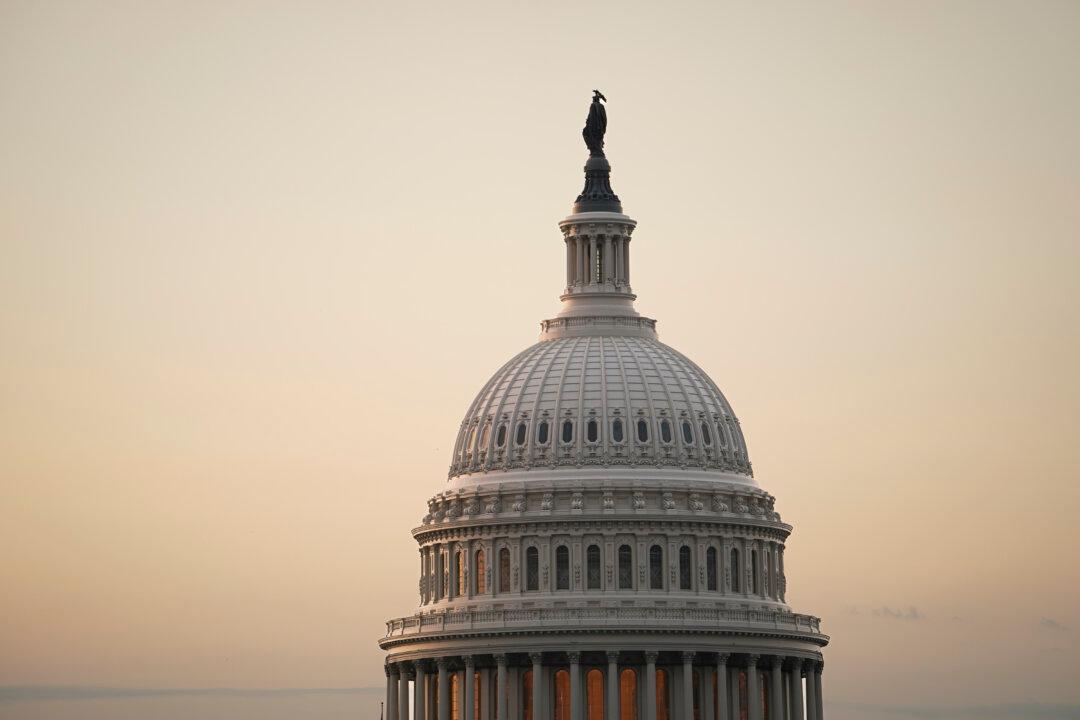Goldman Sachs recently predicted that a U.S. government shutdown was more than likely this year, in a recently published report.
The international lender said that the GOP House majority, a Democrat-controlled Senate, and a lack of agreement on key spending issues, heightened the risk.





